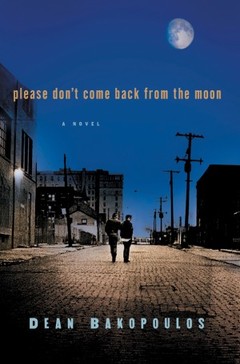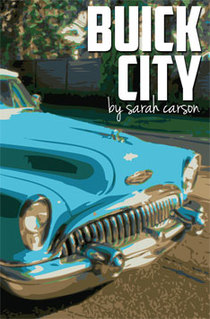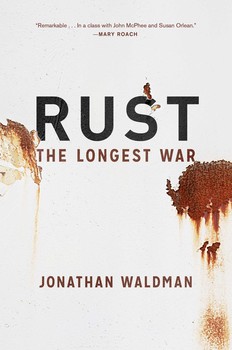
After this first chapter, however, this novel drifts away from the surrealism and moves into the gritty world of the unemployed Rust Belt where mothers are forced to take on the roles of the vanished fathers and young men are forced to contemplate their own roles in a world that is no longer defined by the traditional ideas of work and family. As an avid reader of Rust Belt literature (if that really is a subgenre of literature), I know it's hard for a writer to tackle the subject of Blue Collar life in an unique way; yet I found Bakopoulos's novel an interesting coming-of-age story about the working class world in America.
In this book, the reader meets Michael and his friends, all who are trying to learn how to navigate their fatherless world. The book starts with an almost nostalgic tone concerning the missing fathers as explained by Michael himself: "What I missed most was the collective drone of our fathers' lives, their big and clumsy presence. I even missed their cussing and their labored breathing from too many cigarettes." Soon, however, the missing fathers become mere ghosts, as the boys finish high school, find jobs, get married, and have children of their own. Throughout their lives, they fight to stay away from their own fathers' legacy of disappearance and abandonment.
Please Don't Come Back From the Moon is one of those books (published quite a few years ago) that I somehow missed, so I'm glad I found it now. More information about this novel (and Bakopoulos's new book) can be found on the author's website.


 RSS Feed
RSS Feed
